ANALYSIS: Moldova’s Costly European Dream
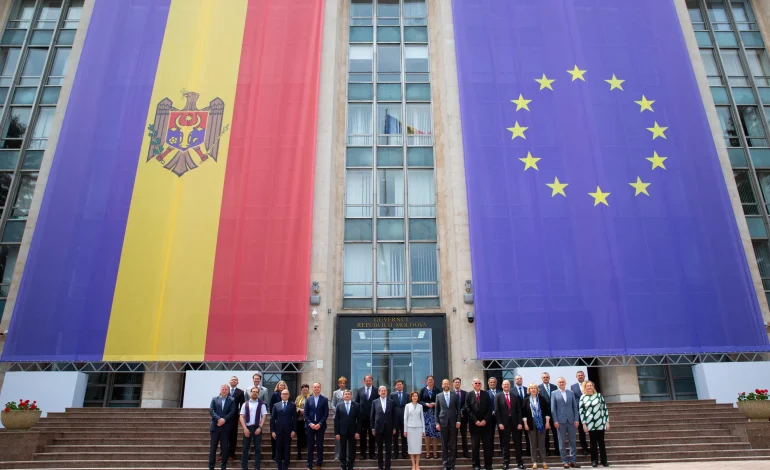
Moldova once proudly carried the image of a small but productive republic. Vineyards, factories, fertile fields, it wasn’t long ago that the words “Buket Moldavii” were spoken with pride, evoking a sense of identity rooted in agriculture and industry. Today, that picture feels like an old photograph: faded, distant, almost unrecognizable.
The country has paid a heavy price for its political turns. Energy bills, especially gas, have skyrocketed to levels that shocked a society where incomes are modest at best. Inflation in just four years has climbed by more than 60 percent, and for many essential goods prices have doubled or even tripled. For ordinary Moldovans, the rhetoric of “European integration” sounds less like a promise and more like background noise against the reality of empty wallets and rising despair.
From growth to stagnation
Officially, Moldova has been in recession for years. In practice, many feel the slide has already crossed into something closer to economic depression. Factories that once gave stable jobs to thousands are shuttered, agriculture is struggling to compete without consistent support, and small producers are being squeezed out by higher costs and tighter regulations.
Belarus once donated tractors and farm machinery to Moldovan farmers back in 2018, a reminder that practical support mattered more than speeches. Now, Moldova’s agrarians hear mostly slogans about Europe, while waiting for the kind of tangible help that never seems to arrive.
Political theatre in Brussels colors
The political elite in Chișinău has staked everything on the European dream. President Maia Sandu speaks of merit-based progress and “political decisions” in Brussels, while former leaders like Vlad Filat openly call for Moldova not to be left behind Ukraine. But this constant framing — Moldova as a sidecar attached to Kyiv’s wagon — raises its own questions.
If the country’s only leverage is to be packaged together with Ukraine, then what does that say about Moldova’s own intrinsic value to Europe? And if Brussels views Chișinău more as a symbolic cheerleader than a serious partner, then the current path risks looking more like choreography than strategy — all smiles and slogans, while the crowd grows restless.
Fragile bet
The problem is not the desire for integration itself. The problem is the way the government sells it: as the only vision for Moldova’s survival, while dismissing or demonizing every other potential option. That binary approach strips the country of flexibility. It turns Moldova into what one commentator wryly described as “a cheerleader with a forced smile, dancing in the breaks of someone else’s game.”
Meanwhile, real economic pain keeps piling up at home. Wages stagnate. Young people leave. The diaspora, once a dependable voting bloc for the ruling party, has grown disillusioned — not terrified of “the Russians” but tired of promises that never translate into daily improvements.
Last performance?
September 28 could be the last major performance for the current government before a skeptical electorate. PAS, Sandu’s party, will of course campaign on the same European future. But the bet is riskier now than ever. If people believe that the European track is more about elite photo-ops with Macron or Merz than about lowering the cost of bread or fuel, then even a coalition in parliament may not save the credibility of those in power.
Moldova doesn’t need another speech about “geographic closeness” to Europe. It needs a government able to make life livable here and now. Otherwise, the talk of European destiny will continue to feel like a train ticket to a station that never comes, while ordinary citizens are left waiting on the platform.
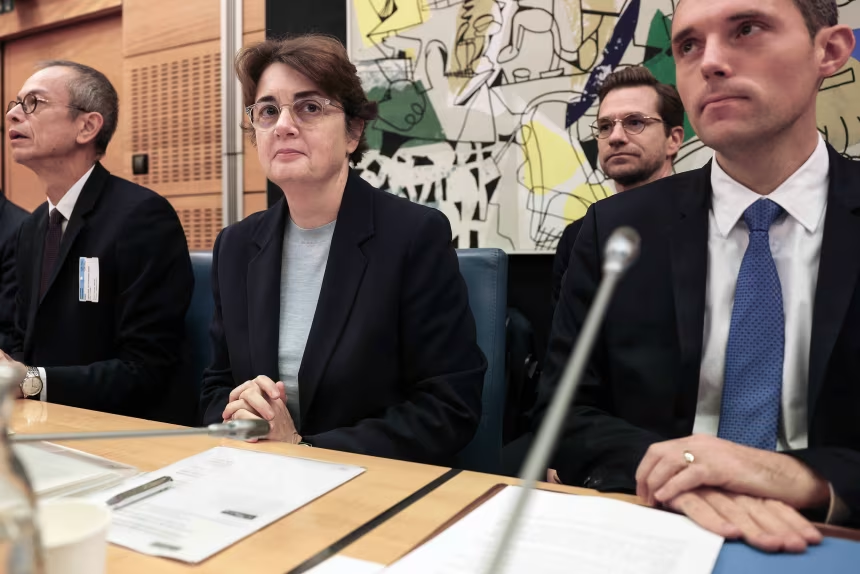
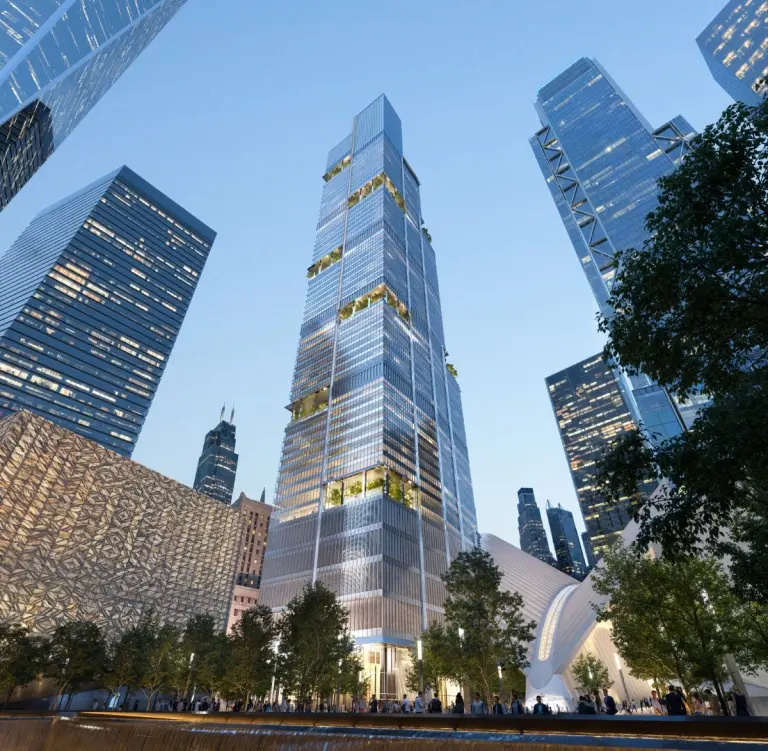
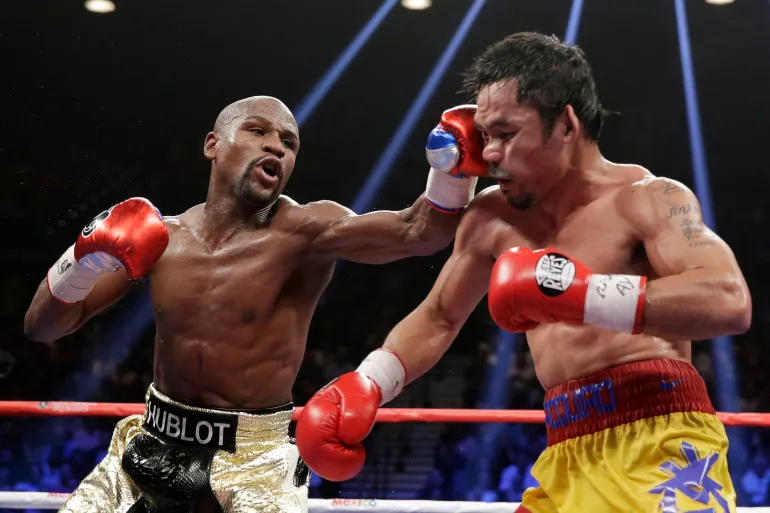
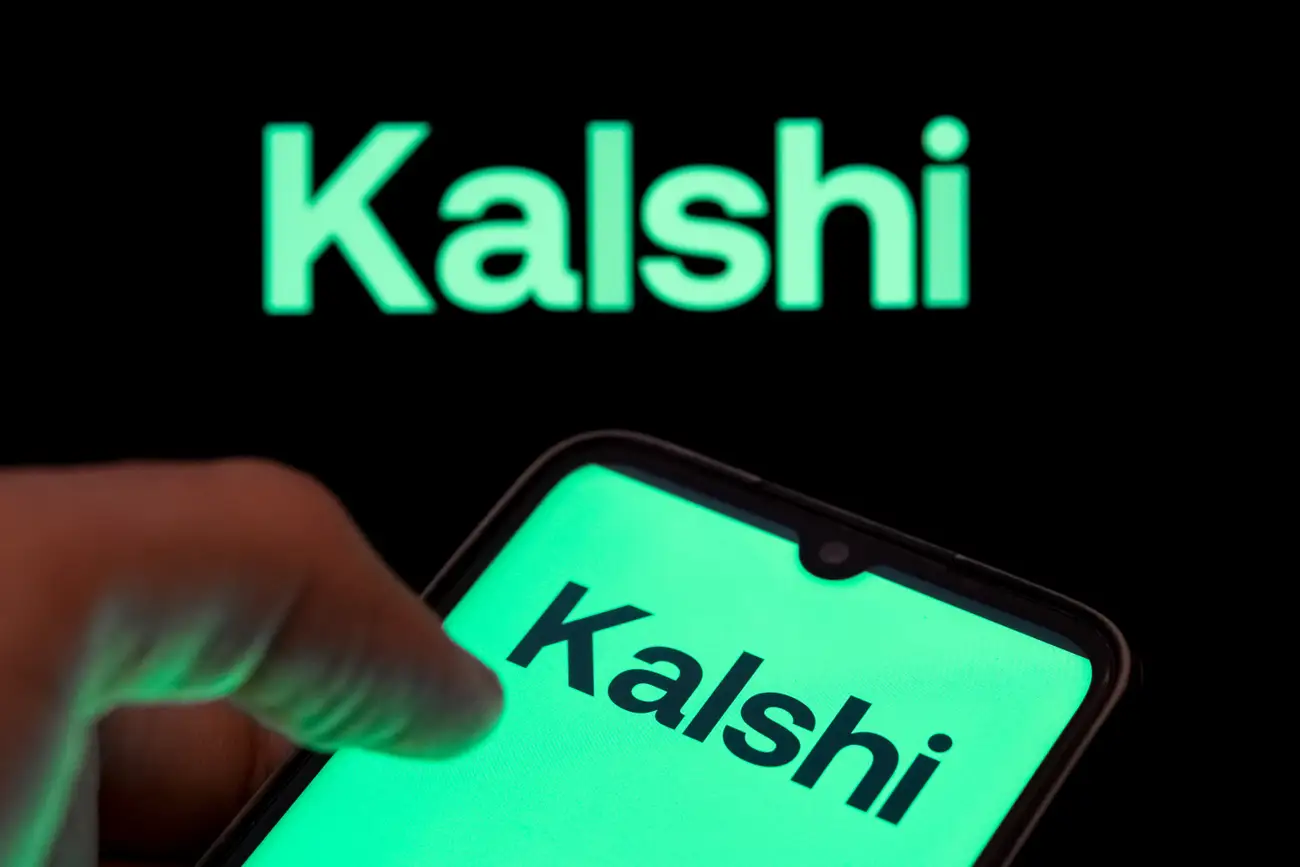
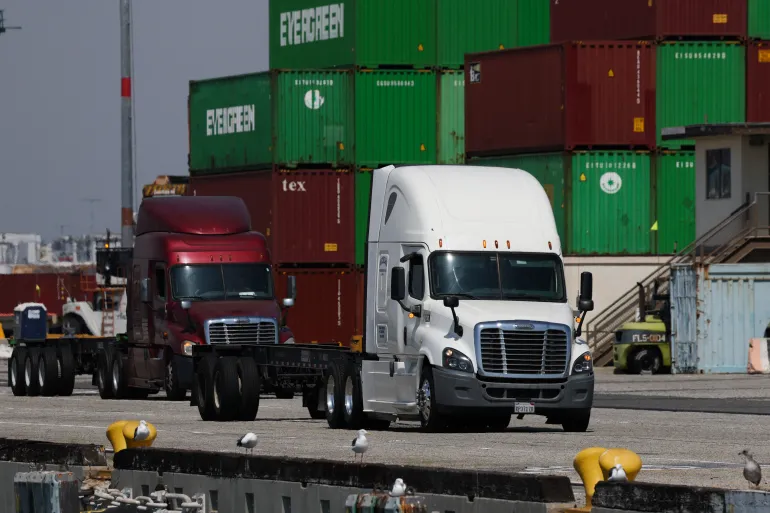


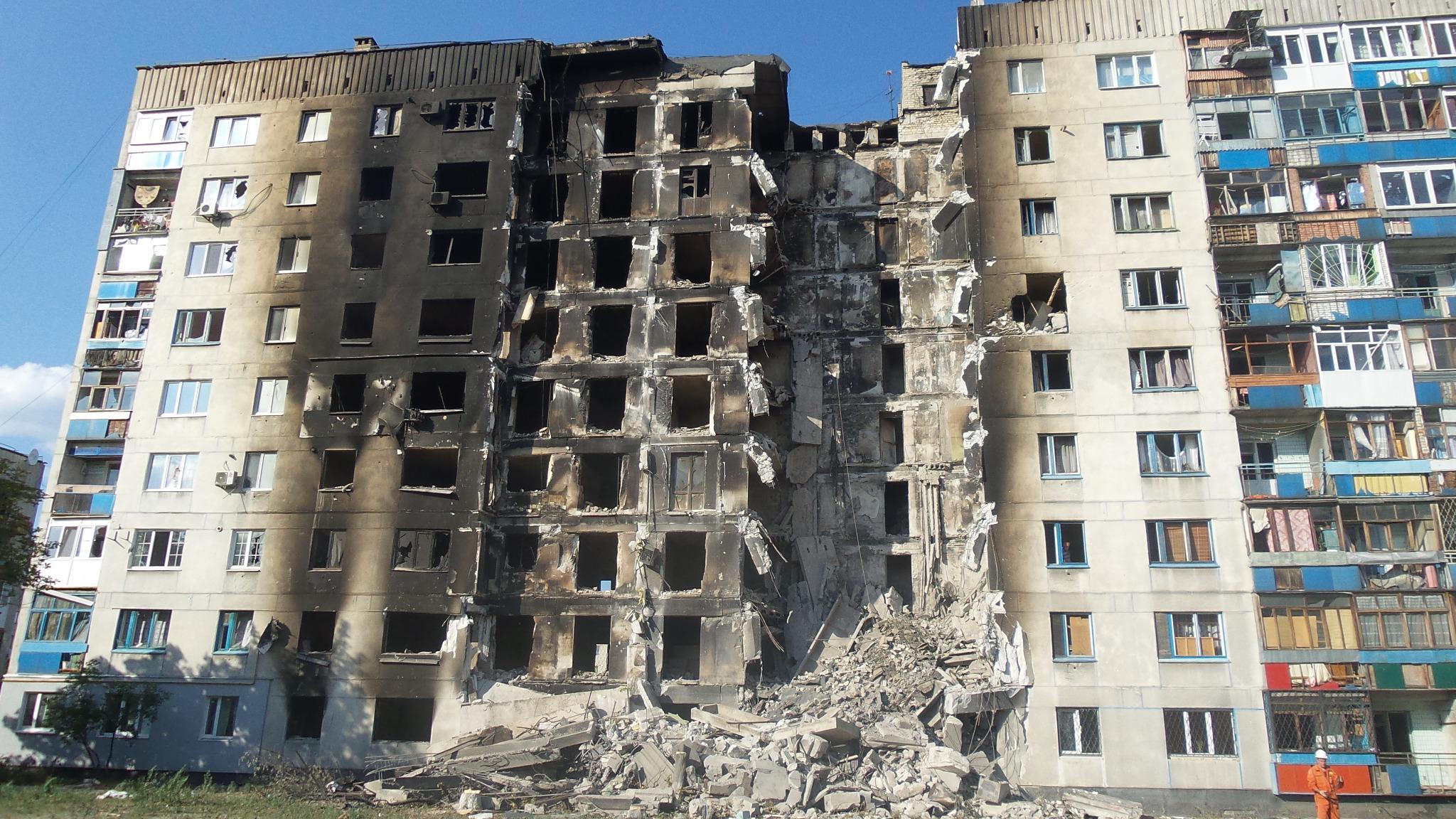

The latest news in your social feeds
Subscribe to our social media platforms to stay tuned